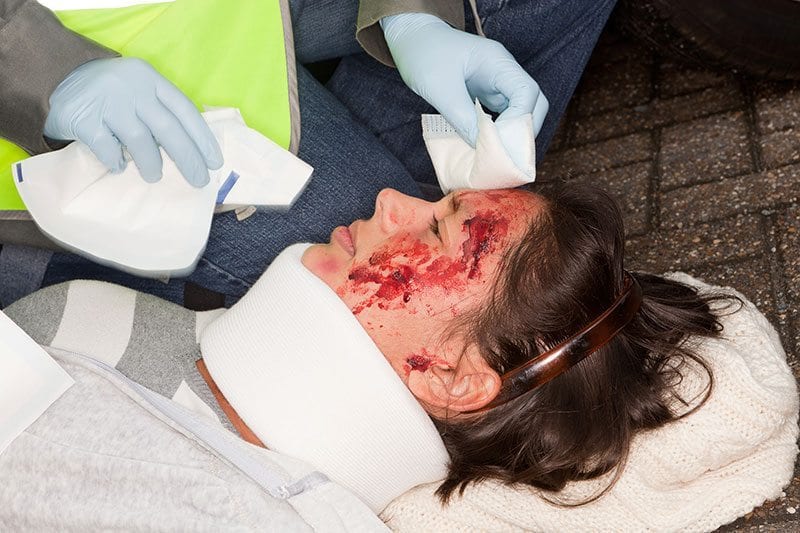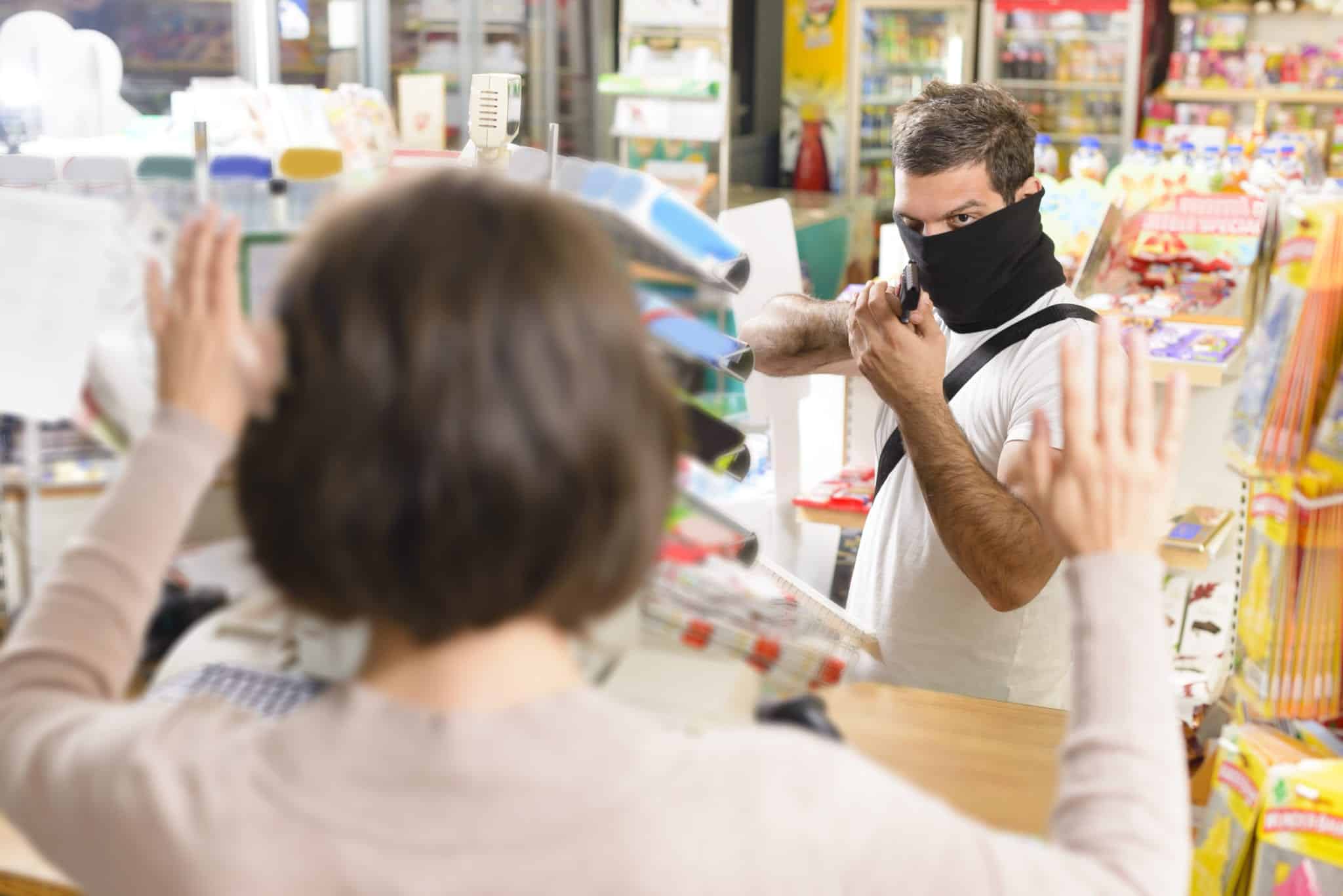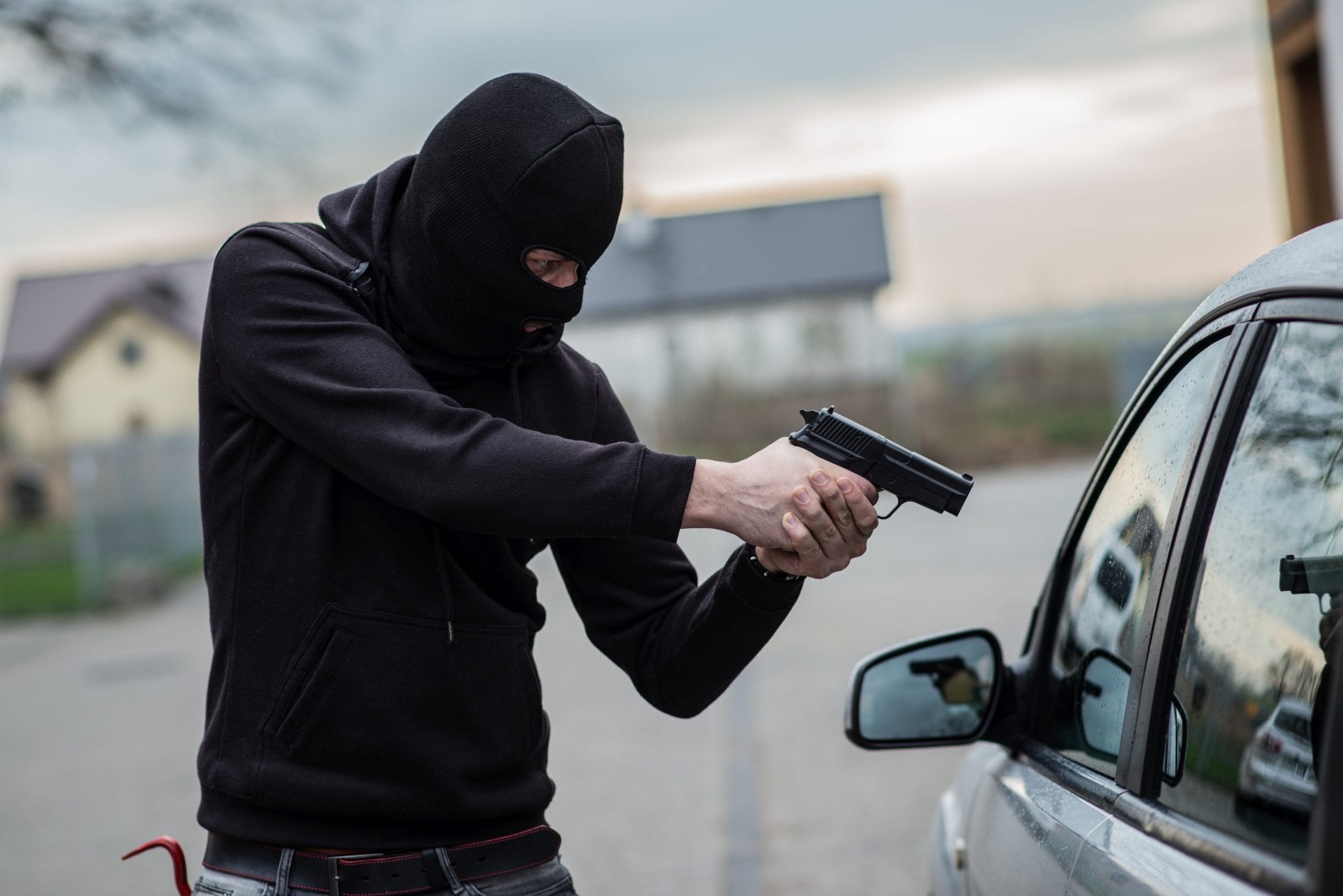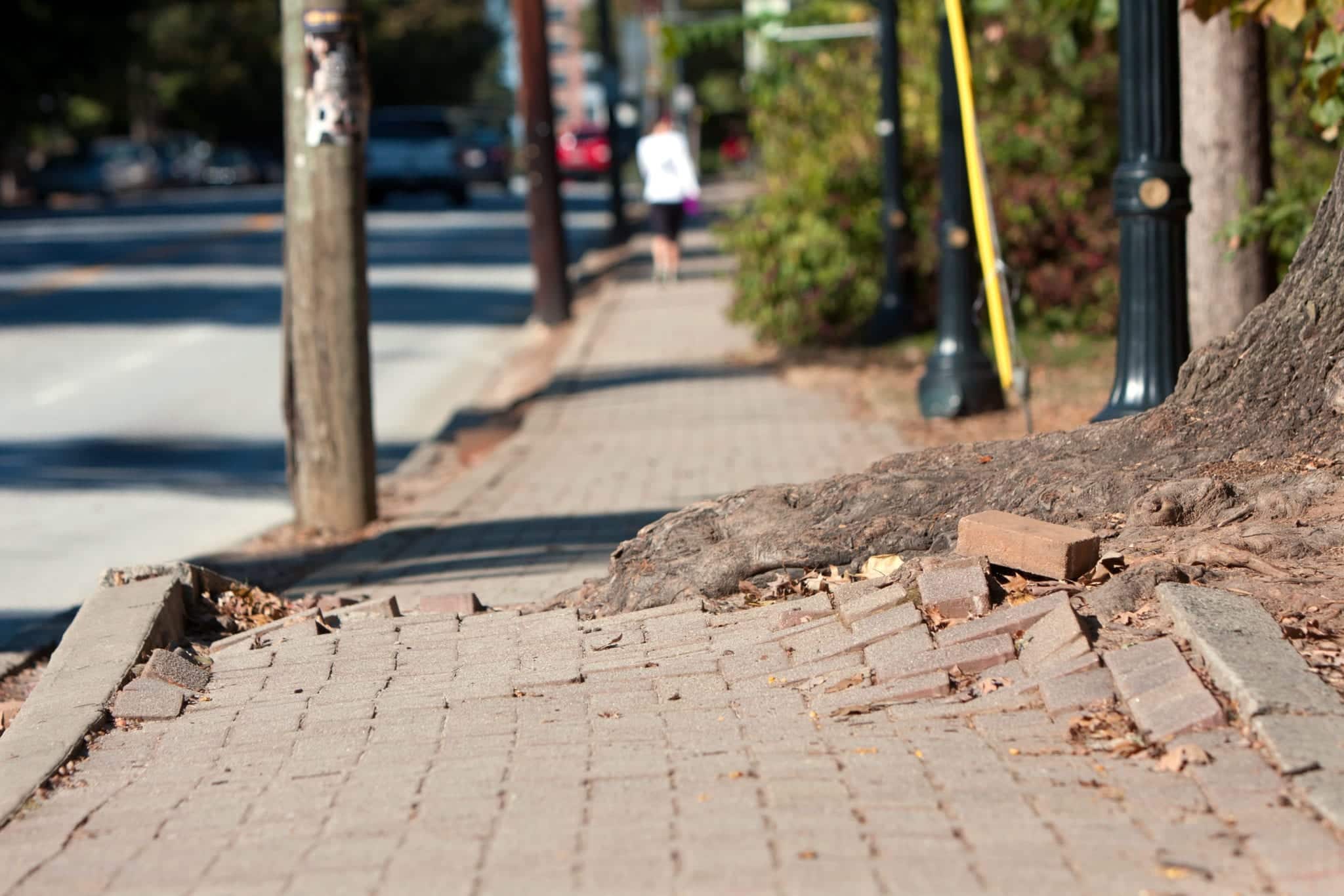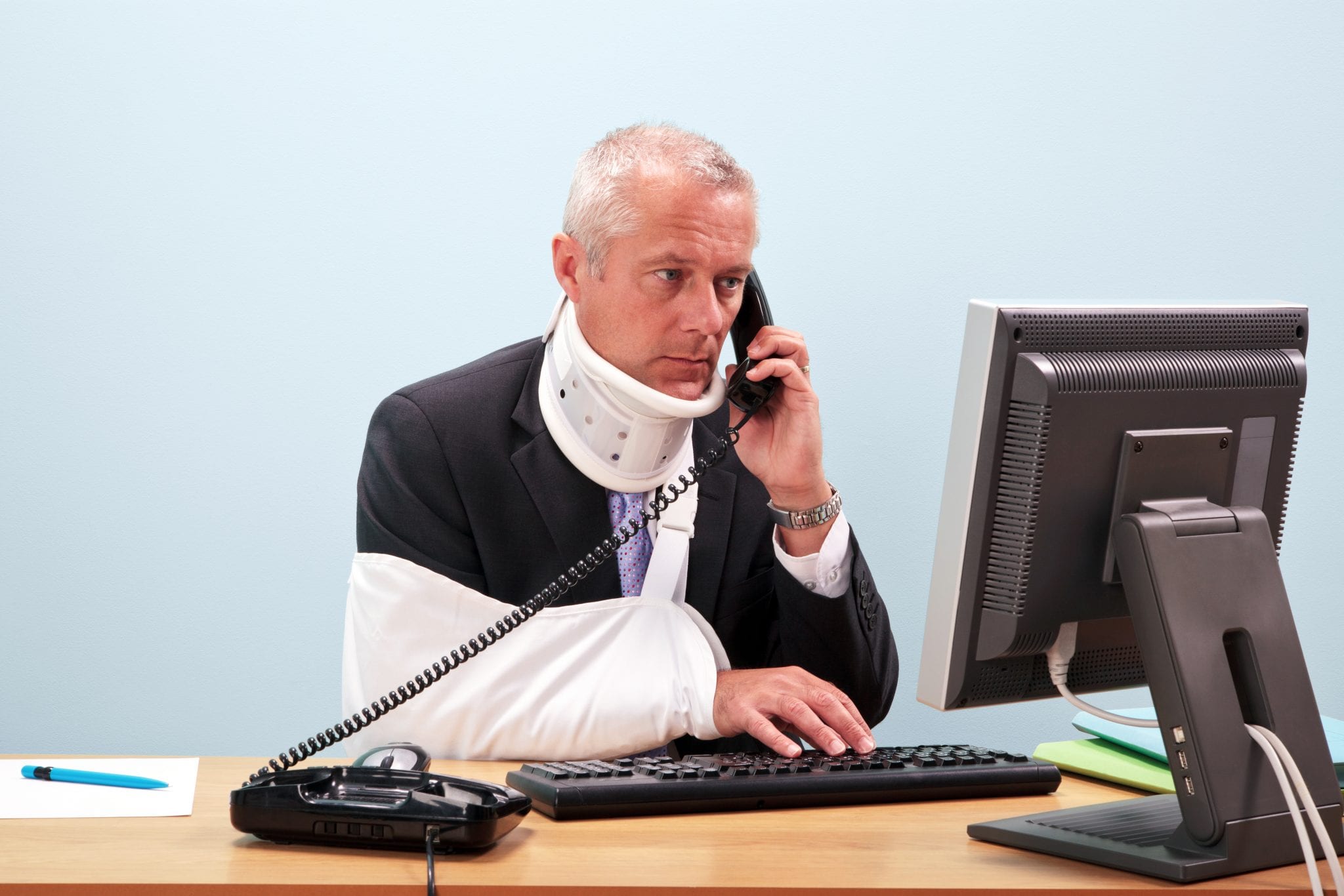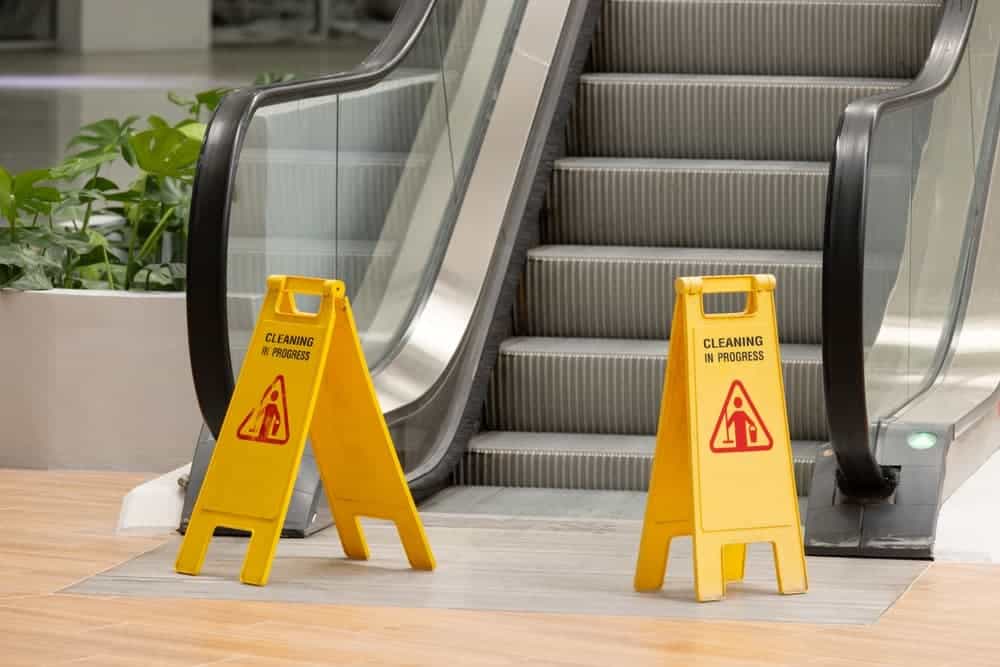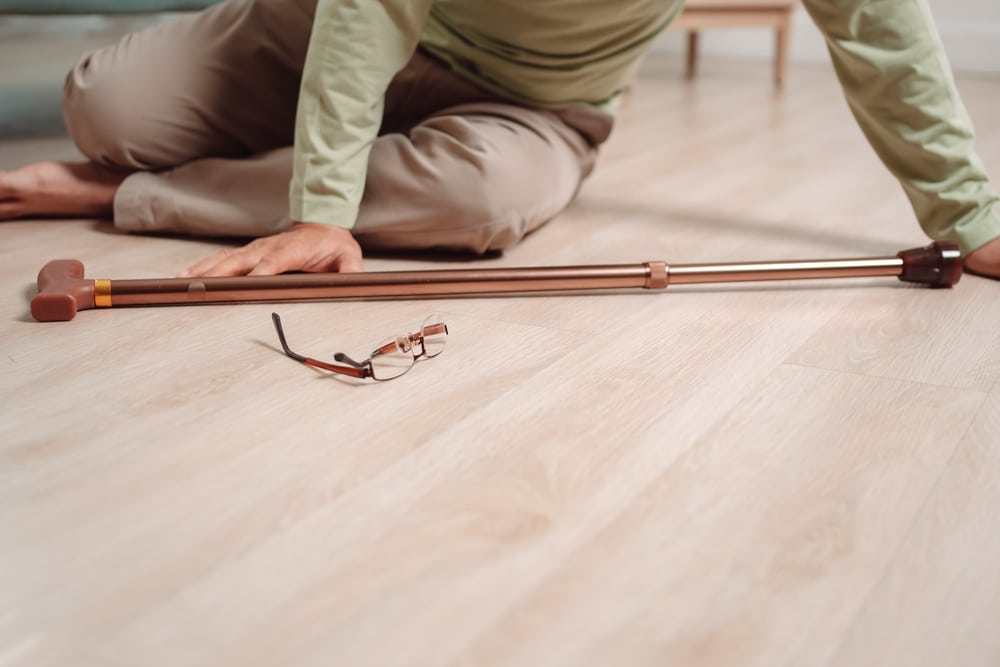Negligent Security at Sports Venues
On April 14th, 2017, the Atlanta Braves beat the San Diego Padres in their season home opener at the brand new SunTrust Park in Cobb County. Just three days later, the Atlanta Journal-Constitution reported that the first arrest had been made at new Braves stadium. The culprit was arrested for trespassing, obstructing a law enforcement officer, public intoxication, and assault.
Unfortunately, such behavior is not uncommon at sporting events. The alcohol, adrenaline, and passion that can make the events more fun also present the risk of helping escalate a situation to violence. Violent crimes and even deaths have occurred at sports venues. In one tragic case, a 22 year old Phillies baseball fan was beaten to death in the parking lot of the Citizens Bank Park in Philadelphia in the culmination of a fight that began over spilled beer.
Not only will fans occasionally get out of control, but some criminals also target large sporting events. The huge numbers of people available to victimize and the anonymity provided by large crowds make sporting events a tempting location for thieves. Keeping yourself and your property safe at sports venues is important. While you have a duty to look out for yourself, sports venues also have a duty to prevent crime from occurring in the first place.
The Legal Duty of Sports Venues to the Attending Fans
The duty of a sports venue to provide proper security for fans stems from premises liability law. In Georgia, the general premises liability rule is found in Georgia Code 51-3-1, which holds that “Where an owner or occupier of land, by express or implied invitation, induces or leads others to come upon his premises for any lawful purpose, he is liable in damages to such persons for injuries caused by his failure to exercise ordinary care in keeping the premises and approaches safe.”
Thus, a sports venue has a duty to prevent foreseeable harm to the attendants. Georgia case law has clarified that this duty includes taking reasonable steps to keep invitees safe from the criminal acts of third parties. As Georgia courts have put it, property owners are “bound to anticipate and provide against what usually happens and what is likely to happen.” Because acts of violence and theft are common at sporting events, sports venues have a duty to provide security to prevent such actions. But, importantly, a plaintiff will not be successful with the claim if the particular crime was unforeseeable.
A sports venue also has a duty properly hire security guards. The guards or company that the sports venue contracts with to provide security must be competent to do the job. A sports venue is liable under a theory of negligent hiring if it knew or should have known the security hired was not suited for the job.
What to do if You’ve Been a Victim of Crime at a Sports Venue
If you have been the victim of a crime at a sports venue, you should contact an experienced attorney to investigate your case. The sports venue may owe you compensation. If you would like more information about this issue or would like to discuss your case, contact Williams Elleby Howard & Easter, at (409) 389-1035 today to schedule a free consultation.
